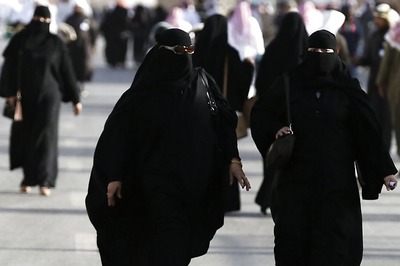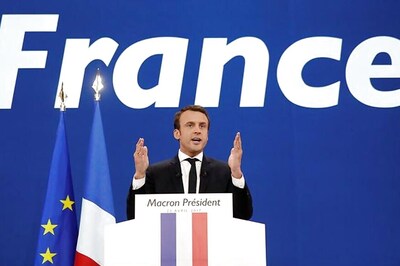
views
Oil Minister Dharmendra Pradhan on Tuesday said there was no scaling down of the capacity of the planned mega 60 MTPA refinery on the west coast as it was essential to meet future fuel and petrochemical demand in the country. Pradhan also said the privatization of Bharat Petroleum Corp Ltd (BPCL) was very much on track but the government was treading cautiously given the size of the divesture.
Speaking at the Energy Intelligence Forum 2020, he said fuel demand is expected to reach pre-COVID-19 levels in the first quarter of the 2021 calendar year. "India currently has an oil refining capacity of around 250 million tonnes per annum (MTPA). In the next decade, we want to add another 100 million tonnes. Looking at our demand, we must have 350 million tonnes refining capacity by 2030," he said.
India, the world's third-largest oil consumer, is likely to see fuel consumption double by 2050 despite the push for renewables and alternate sources of energy such as battery-run vehicles or EVs. Pradhan said India's dependence on hydrocarbons will continue in the near future. And to meet the future demand, the planned refinery on the west coast was essential.
"We are little lagging behind (in implementation schedule) not because of the economic issue but certain local issues. We are not going to rethink the size of the refinery," he said. Land acquisition has delayed the project and the lead promoters of the refinery are talking to the Maharashtra government for suitable land, he said.
The project was earlier planned to be located at Ratnagiri but ran into land acquisition hurdles, leading to a search for an alternate site. The refinery, where Saudi Aramco and Abu Dhabi National Oil Co have taken a combined 50 per cent stake, was originally planned to be commissioned by 2024-25. Pradhan said the land issues will be sorted out soon.
On the privatization of oil refining and fuel marketing company BPCL, he said the divestment "is very much on the cards" but the government was treading very cautiously because of the size of the sale. The government, which is selling all of its 51.11 per cent stake in BPCL, has already postponed initial bid deadline four times and the expression of interests are now due next month.
At current prices, the government stake is worth Rs 37,600 crore and the buyer will also have to make an open offer to acquire an additional 26 per cent from the public which will cost another Rs 19,000 crore. The minister said India, which earlier offered billions of dollars of subsidy on fuels, has cut them to almost zero this year.
While subsidies on petrol were eliminated in 2010, those on diesel went in 2014. This year, the remaining subsidies on cooking gas (LPG) and kerosene have been eliminated largely due to international oil prices plummeting on the pandemic eroding demand. On fuel demand, which had been pummelled by coronavirus lockdown as industries were shut, airlines suspended operations, trains stopped plying and most transports went off the roads, Pradhan said petrol and diesel sales are moving towards normalcy while industrial consumption is also nearing pre-COVID-19 levels.
While cooking gas LPG consumption wasn't impacted much by the lockdown, electricity demand is nearing normal. But the aviation sector will take some time to return to normalcy, he said. "Revival of energy demand to pre-COVID-19 situation will take few more months," he said. "Energy demand has started picking up and will be normal by the last quarter of 2020-21 fiscal year." On the country's attractiveness as an investment destination post-pandemic, he said India is the only vibrant market for any investment.
"A little slowdown in demand" has not upset projects in the hydrocarbon value chain, he said. "We will not deviate… there is just a little hiccup." India, he said, has an ambitious plan to move towards a gas-based economy. "We are implementing more than USD 60 billion worth of projects adding more gas pipelines, LNG import terminals, and city gas networks." "In the global scenario, I can envision India is the only vibrant market for any kind of energy investment and India is in the path of reform, in the path of more opening up, more market-friendly instruments," he said.
Read all the Latest News and Breaking News here



















Comments
0 comment